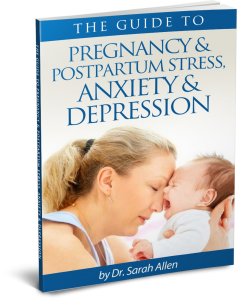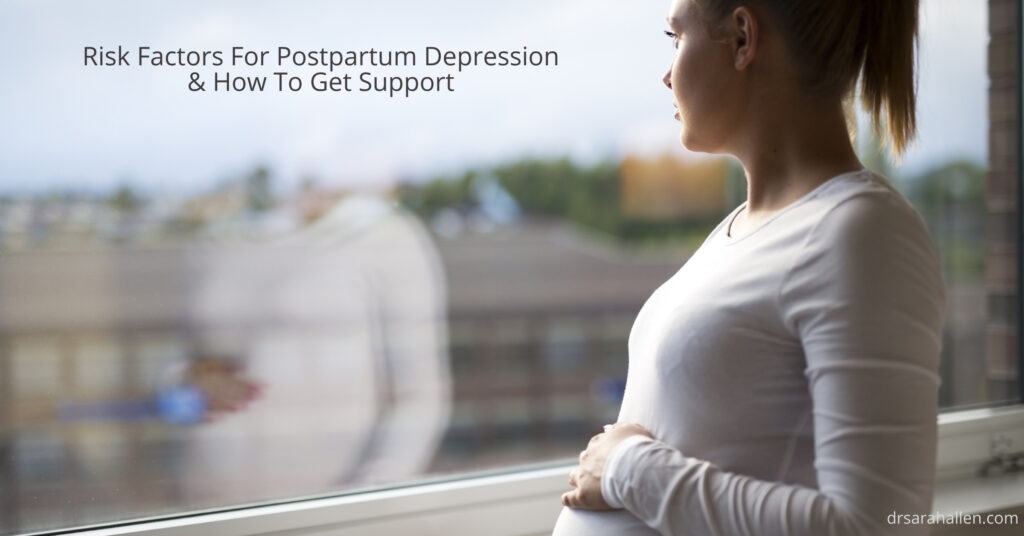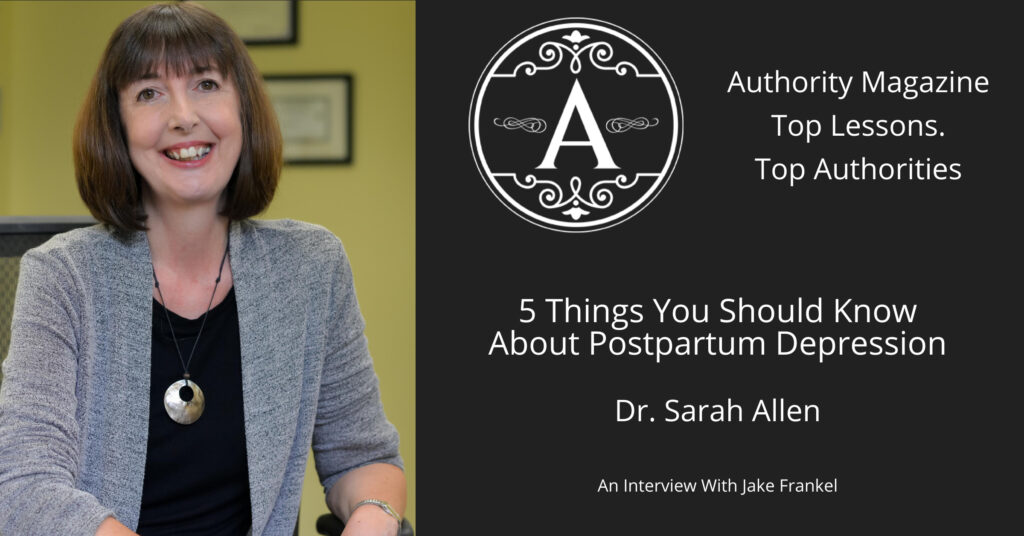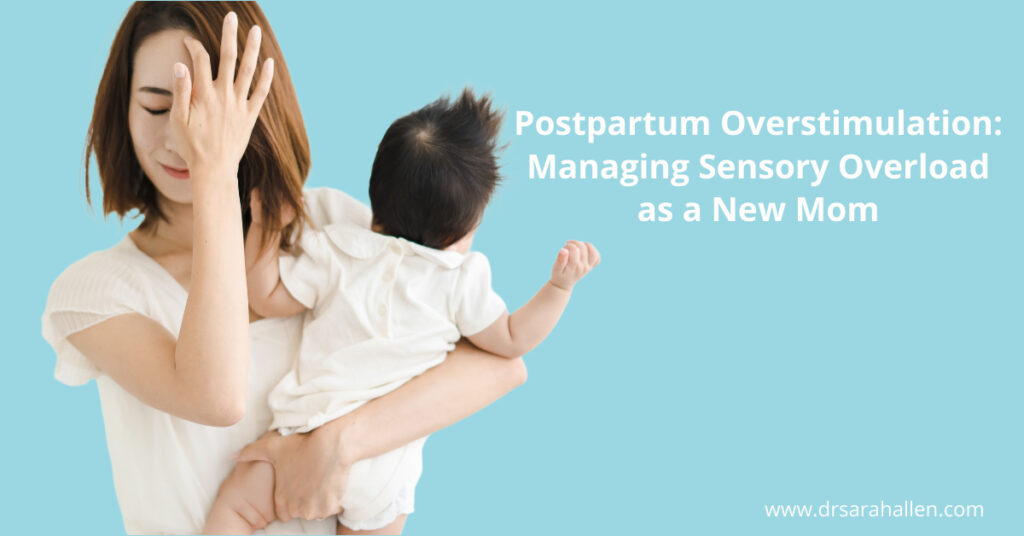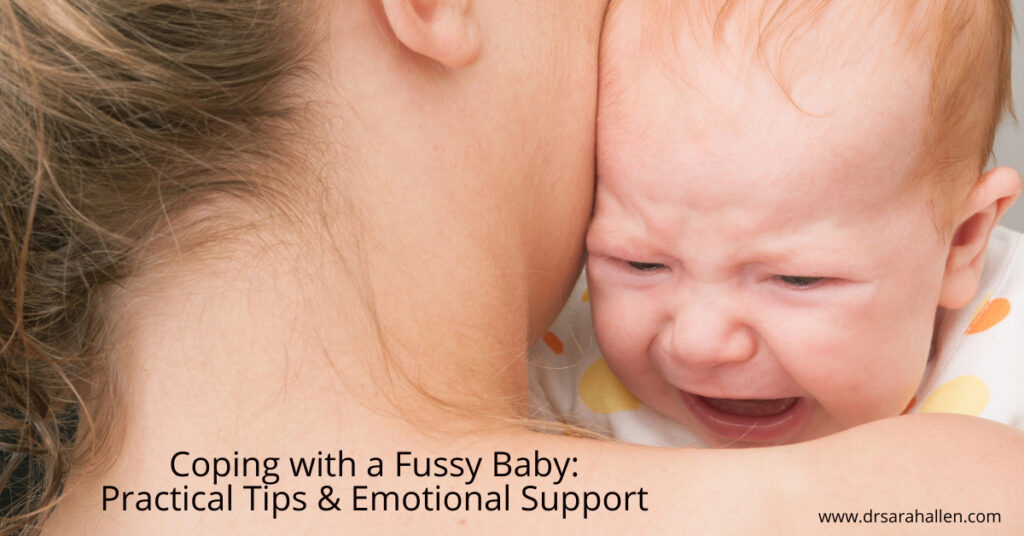
Let’s be honest, caring for a new baby can be amazing but it can also be very challenging. Sometimes, babies can be fussy, and this can make parents feel stressed and overwhelmed. As parents, we always want to make our babies feel better, but it can be hard to know exactly what to do when they are upset and this can take a toll on our own emotions.
Fussiness in babies is very common, and there are many reasons why it happens. Understanding these reasons can be a good start in helping you find ways to calm your baby and ease your own worries. It’s important to know that you are not alone and that many parents go through similar experiences.
Beyond just caring for a fussy baby, it’s natural to feel anxious or even sad when things don’t go as you expected. It’s okay to feel this way, and there are ways to manage these emotions. By finding support and using helpful strategies, you can better cope with both your baby’s fussiness and your own feelings.
Practical Methods to Calm a Fussy Baby
When your baby is fussy, it can be tough to know what to do. Here are some practical methods to help calm your baby:
1. Swaddling: Wrapping your baby in a soft blanket can make them feel secure and warm. The snug feeling mimics the womb, helping soothe your baby.
2. Rocking or Swaying: Gentle movement can calm a fussy baby. Try rocking them in your arms, using a rocking chair, or even gentle swaying while you stand.
3. White Noise: Sounds like a vacuum cleaner, hair dryer, or a white noise machine can be comforting to a baby. The noise helps mimic the sounds they heard in the womb.
4. Pacifier: Sucking is a natural soothing mechanism for babies. Offering a pacifier can help calm your baby quickly.
5. Change Positions: Sometimes, simply changing your baby’s position can help. Hold them upright, over your shoulder, or in a football hold to see which position they prefer.
6. Gentle Massage: A soft massage on the baby’s back, tummy, or feet can help relax them and ease fussiness.
By trying these methods, you can find what works best for your baby and make them feel more comfortable.
Understanding Why Babies Get Fussy
Babies can’t tell us what’s wrong, so they communicate through fussiness. Understanding the common reasons can help you address their needs more effectively:
1. Hunger: One of the most common reasons for fussiness is hunger. Babies have tiny stomachs that need frequent feeding.
2. Dirty Diaper: A wet or dirty diaper can be very uncomfortable for a baby. Regular diaper changes can prevent this discomfort.
3. Tiredness: Babies can get tired quickly and may need a nap even if they just woke up recently. Watching for signs of tiredness can help you put them to sleep before they become too fussy.
4. Overstimulation: Too much noise, light, or activity can overwhelm a baby. A quiet, calm environment can help reduce overstimulation.
5. Gas or Colic: Some babies have trouble with gas or colic, which can cause pain and discomfort. Burping your baby after feeding and using gentle tummy rubs can help.
6. Temperature: Babies are sensitive to temperature. If they are too hot or too cold, they may become fussy. Dressing them in layers can help you adjust their temperature easily.
By understanding these common reasons, you can better identify what might be causing your baby’s fussiness and take steps to help them feel better.
Emotional Impact on Parents
Dealing with a fussy baby can take an emotional toll on parents. It’s completely normal to feel anxious, overwhelmed, or even sad when parenting doesn’t go as expected. These feelings can make the experience even harder.
1. Anxiety and Stress: The constant worry about why your baby is crying can increase your anxiety and stress levels. It’s essential to remind yourself that fussiness is a common phase and doesn’t reflect your ability as a parent.
2. Feelings of Overwhelm: Fussy periods can make you feel overwhelmed, especially if they happen often. Taking short breaks when you’re feeling stressed can help you recharge. Asking for help from family or friends can provide relief, even if it’s just for a short while.
3. Sadness and Disappointment: It’s natural to feel sad or disappointed if caring for your baby isn’t going as smoothly as you hoped. Talking to someone you trust about your feelings can be very helpful. Understanding that these emotions are part of the journey can make them easier to manage.
4. Guilt and Self-Doubt: Many parents feel guilty or question their parenting skills when their baby is fussy. It’s important to know that fussiness is often out of your control and does not mean you are doing something wrong.
Worrying about your baby being fussy can be a factor in postpartum anxiety, which is very common -between 10 – 20% of new parents experience it. If your baby was in the NICU, has health issues, or you had a difficult childbirth, the likelihood is even higher. I have included articles about all of these issues at the end of this post and I hope you find them helpful.
Managing these emotions involves recognizing them and finding ways to cope. Practicing self-care, seeking support from loved ones, and not being hard on yourself can help you handle the emotional challenges of parenting a fussy baby.
Seeking Support and Resources
Finding support and resources can make a big difference in managing both your baby’s fussiness and your own emotional well-being. Knowing where to turn for help can provide you with much-needed relief and guidance.
1. Professional Help: If you are struggling emotionally, consider talking to a mental health professional, like myself, that specializes in working with new parents. I can offer advice, support, and strategies to help you cope better.
2. Parenting Groups: Joining parenting groups or forums can connect you with others who are experiencing similar challenges. Sharing tips and stories can provide comfort and practical solutions.
3. Local Resources: Look for local resources such as parenting classes, support groups, or mom and baby classes community that offer help and advice for new parents. These can provide valuable information and emotional support.
4. Online Resources: Many websites and online communities offer advice and support for parents. These can be excellent places to find tips, connect with others, and learn more about managing both fussiness and emotional health.
5. Family and Friends: Don’t hesitate to lean on your family and friends for support. They can provide practical help, a listening ear, or even a break when you need it.
Remember, seeking help is a sign of strength, not weakness. Utilizing these resources can help you feel more supported and better equipped to handle the challenges of parenting.
Conclusion
Parenting a fussy baby can be a tough and emotional experience. Using practical methods to soothe your baby and understanding the reasons behind fussiness can ease some of the stress. It’s also important to recognize the emotional toll it can take on you and to find ways to manage these feelings. By seeking support and utilizing available resources, you can better navigate this challenging time.
You are not alone in this journey. I am happy to help and I see clients in person in the North Suburbs of Chicago and virtually throughout Illinois, Florida and in the UK.

Dr. Sarah Allen has 25+ years of experience in private practice helping women to transition to being the mom they want to be. She is the Founding Director of the statewide non-profit Postpartum Depression Alliance of IL. She also specializes in pregnancy loss & infertility & has published research on postpartum depression and traumatic childbirth.
If you would like to work with Sarah, please phone her at 847 791-7722 or on the form below.
If you would like to read more about me and my areas of specialty, please visit Dr. Sarah Allen Bio. Dr. Allen’s professional license only allows her to work with clients who live in IL & FL & the UK and unfortunately does not allow her to give personalized advice via email to people who are not her clients.
Dr. Allen sees clients in person in her Northbrook, IL office or remotely via video or phone.

What Can I Read That Helps Me While I Am Waiting For My First Appointment With Sarah?
If you feel that you may be experiencing pregnancy or postpartum mood disorder, or worry that you may be at risk of developing it, please download my free booklets below.
See each specific webpage to download one or many.

